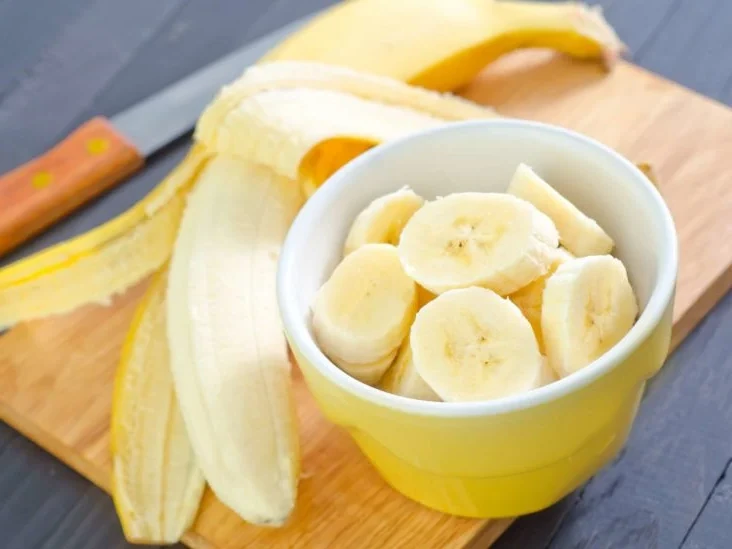10 Household Items You Should Never Pour Down Your Drain
Flours

Flour appears harmless in its dry state, but contact with water triggers a chemical transformation that creates one of plumbing's most stubborn enemies. This kitchen staple becomes an industrial-strength adhesive capable of cementing entire drainage networks.
Water activates flour's binding properties, forming thick, glue-like substances that coat pipe interiors completely. This sticky layer captures every passing particle, from food scraps to hair, building massive blockages layer by layer. The resulting clogs resist traditional clearing methods and often require complete pipe replacement.
Even minimal flour quantities accumulate over time, creating hidden problems that manifest suddenly as complete drainage failure. Professional plumbers consistently rank flour among the most challenging substances to remove from residential plumbing systems.








